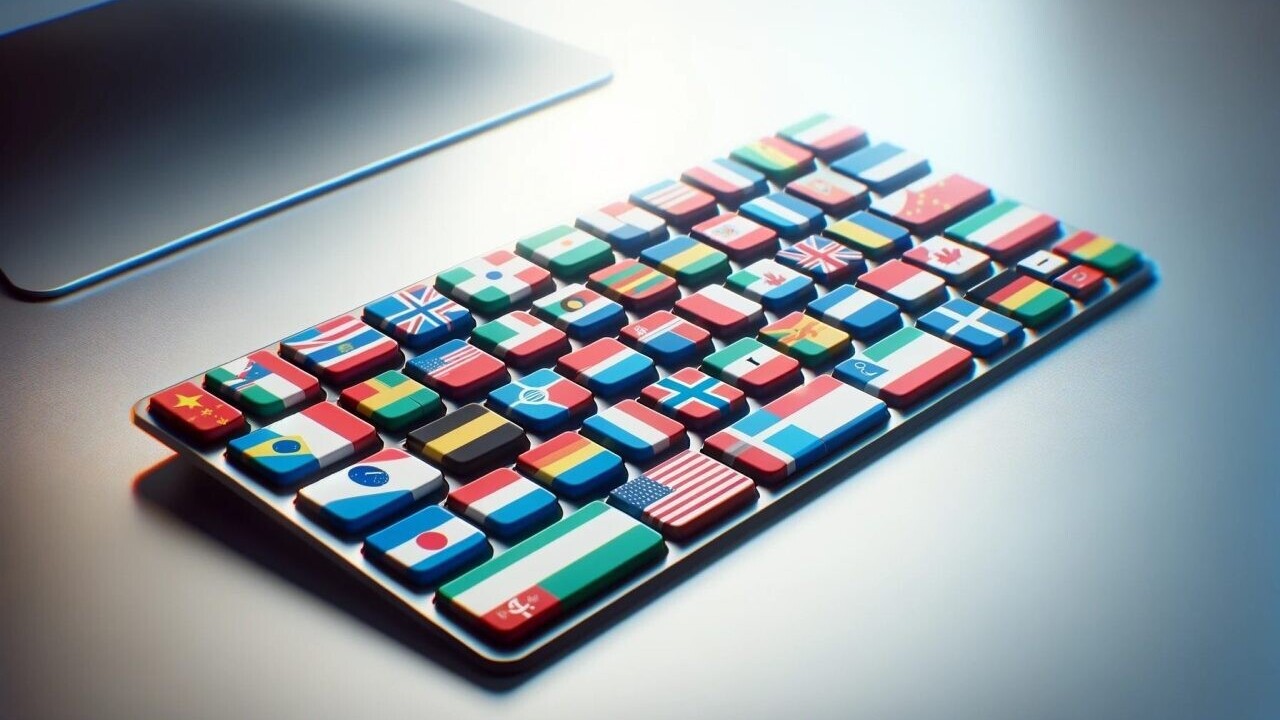
DeepL, the Cologne-based AI translation unicorn, has added Traditional Chinese to its language portfolio, strategically expanding its presence in Asian markets.
Since its launch in 2017, DeepL has emerged as Europe’s Google Translate rival. But unlike Google, the startup is primarily focusing on business customers.
“Translation is really important for businesses,” Jarek Kutylowski, founder and CEO of DeepL, told TNW in a previous interview.
“Nowadays, companies start going global and expanding into other markets very quickly, so they get customers in different areas.”
DeepL’s expansion in Asian languages
To date, the startup supports over 20 European languages. It first entered the Asian market with Simplified Chinese and Japanese in 2020. It added Indonesian in 2022, and Korean in 2023.
Traditional and Simplified Chinese are two different written forms of the language. The latter version was introduced in the 1950s by the People’s Republic of China in an effort to improve literacy rates in the country.
Nevertheless, Traditional Chinese remains the official script in Hong Kong and Macau in China as well as in Taiwan, where it’s also the main form of written communication for businesses.
Hong Kong and Taiwan, in particular, represent key business markets, housing strong finance and technology sectors. For context, Hong Kong is among the world’s top financial centres, while Taiwan’s leading tech companies include chip-making giant TSMC.
“We understand the importance of these regions in global trade,” Kutylowski said in a statement. He added that the addition of Traditional Chinese can help local companies to expand globally and international businesses to enter the Asian markets.
DeepL’s new translation support follows a period of significant growth for the startup. Last week, the company launched its new large language model (LLM), which it claims outperforms both Google Translate and ChatGPT.
Earlier this year, DeepL raised a new investment of $300mn (€277mn), reaching a $2bn valuation. It now covers 33 languages and counts over 100,000 business users.
Get the TNW newsletter
Get the most important tech news in your inbox each week.





